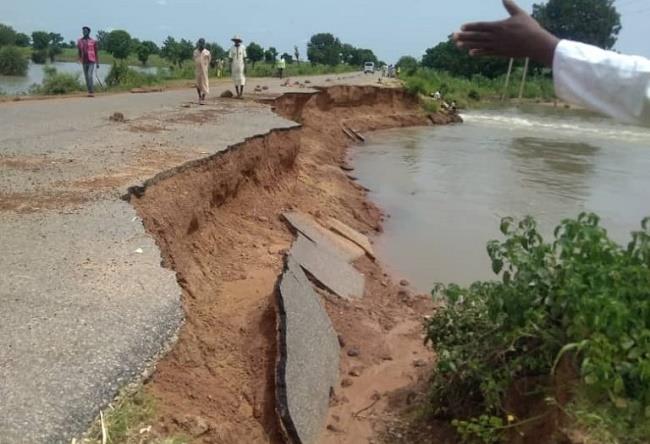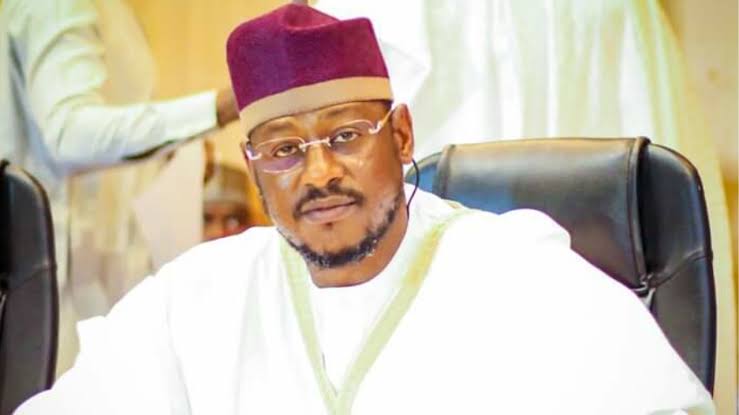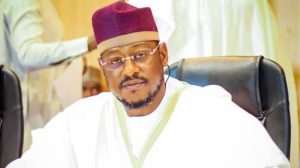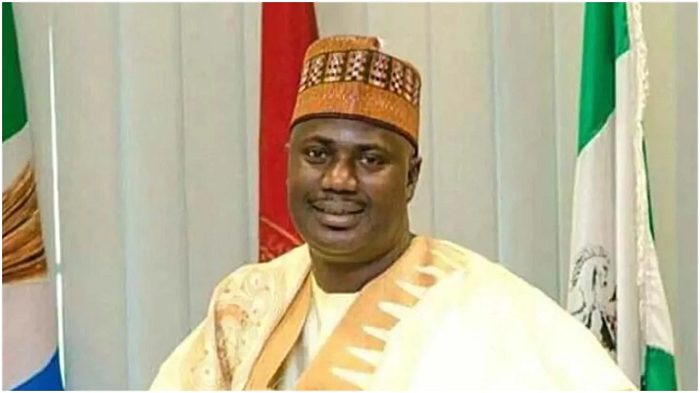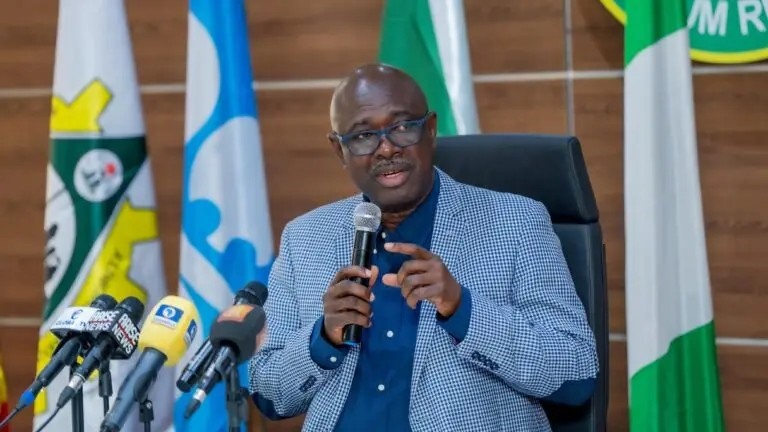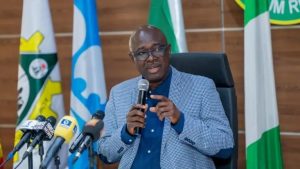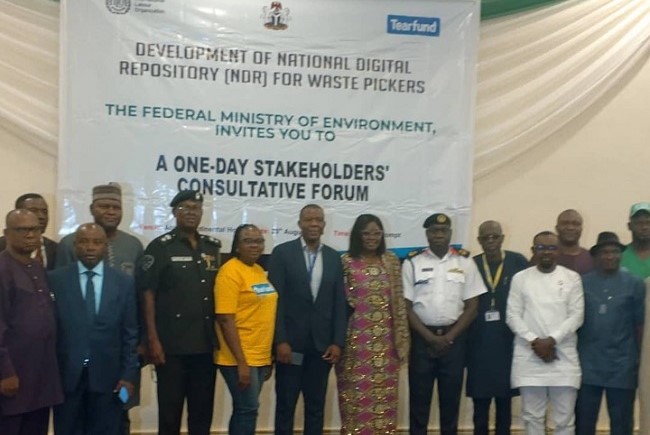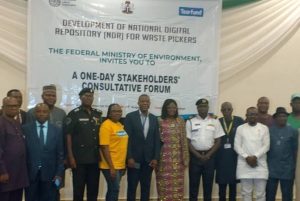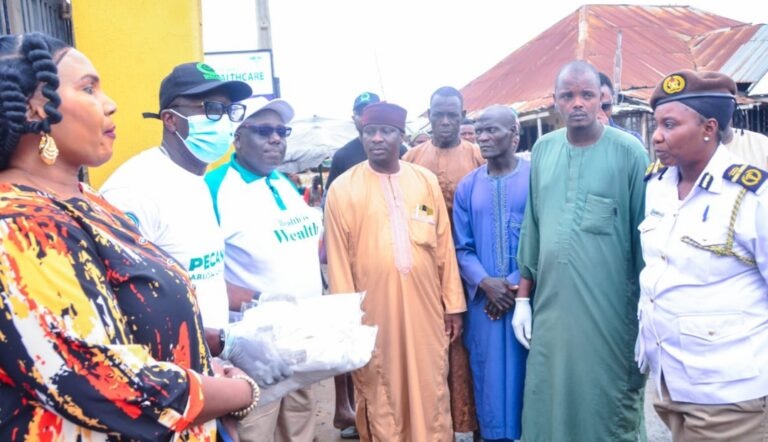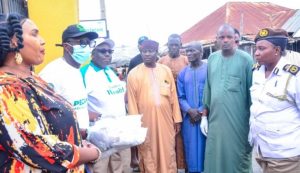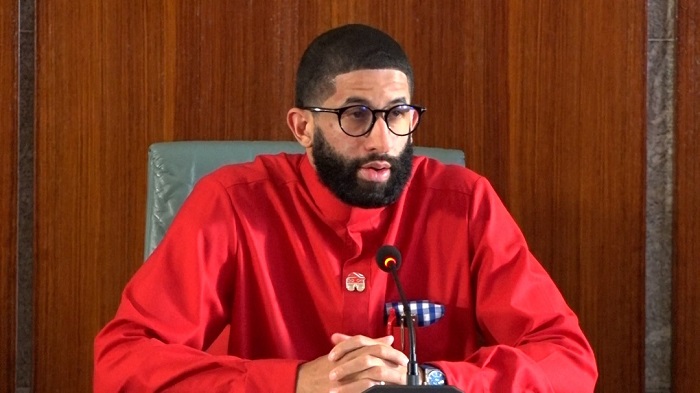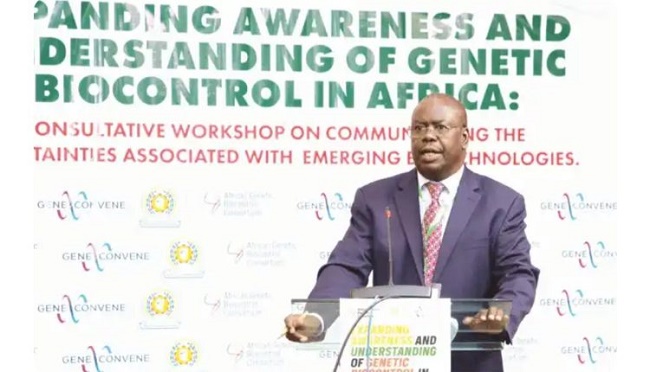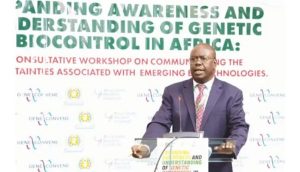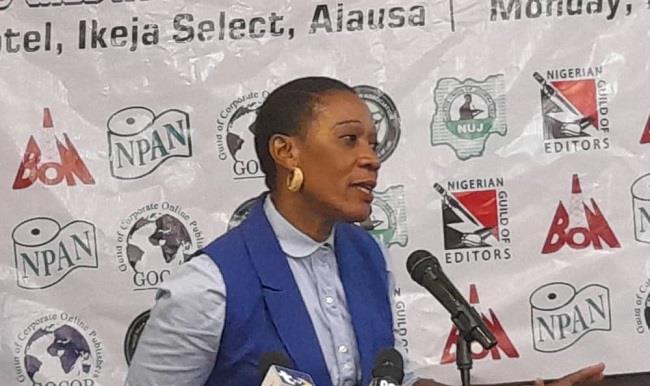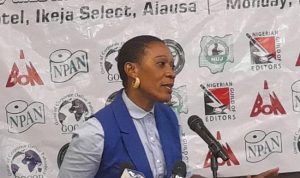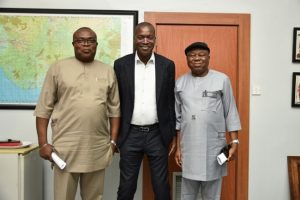President Bola Tinubu has condoled with the Jigawa State Government and the people of the state over the recent flooding that led to the loss of lives and displacement of many citizens.
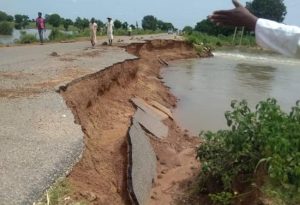
In a statement on Wednesday, August 21, 2024, by his spokesman, Chief Ajuri Ngelale, the president also commiserated with the bereaved families and victims of the flooding, which impacted 14 local government areas and many households.
“President Tinubu states that recurring environmental disasters underscore the urgency of sustaining measures to address climate change and its perils as well as remove man-made elements to the challenge.
“The President prays for the repose of the souls of the deceased and assures the people of Jigawa of his administration’s support at this difficult time,” Ngelale said.
In a related development, Dr Moses Adejo, a seasoned agronomist, has raised the alarm that the recent floods in Bauchi State have not only destroyed crops but also affected soil fertility and disrupted farming schedules.
Adejo, who raised the alarm in an interview on Wednesday in Bauchi, the state capital, said the floods also increased the risk of pests and diseases in farming schedules.
According to him, farmers must act quickly by assessing the damage promptly and accurately and removing debris and silt from affected areas to mitigate the effects of the floods.
“They should apply organic matter to restore soil fertility, consider replanting flood-tolerant crops, and monitor pests and diseases.
“Farmers should take advantage of flood-tolerant crop varieties, such as rice and maize, which can thrive in waterlogged conditions,” he advised.
He also recommended that farmers adopt conservation agriculture practices, such as mulching and contour farming, to reduce soil erosion and improve soil health.
Adejo also offered emotional support to farmers who have lost their livelihoods to the floods.
“We understand the emotional toll of losing one’s farm, and we are here to support farmers every step of the way,” he said.
By Salif Atojoko and Ahmed Kaigama

